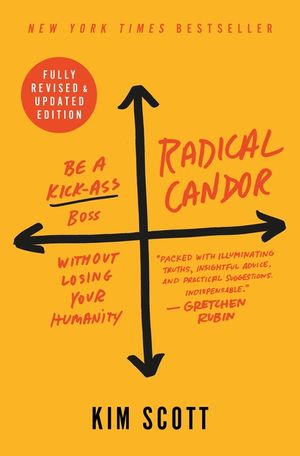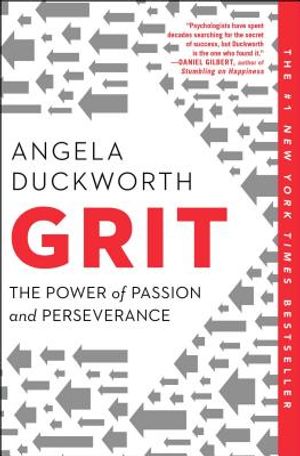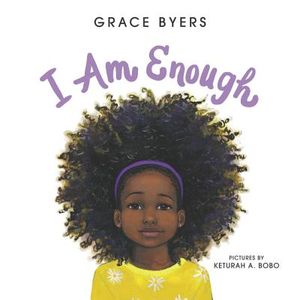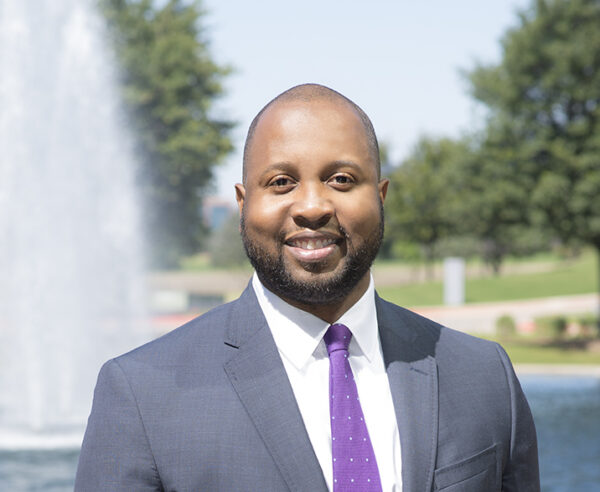Publisher’s note: The Texas Lawbook is pleased to offer this new column in partnership with Texas-based Half Price Books sharing our readers’ favorite reads. “My Five Favorite Books” will publish every other Wednesday. Please email brooks.igo@texaslawbook.net for more information.
The Autobiography of Malcolm X by Alex Haley: This is my favorite book. One of the first books I read cover-to-cover multiple times from teenage years to adulthood. Obviously, from a historical perspective, the life story of Malcolm X is necessary in understanding the profound impact of systemic injustice on individuals and generations. It is also a book about evolution and how one’s past should not define them — Malcolm X’s journey from a life entangled in crime and incarceration to becoming a powerful orator and a leading voice for Black liberation and self-determination was an inspirational story to a young kid from Decatur, Georgia. I was also fortunate to discover this book during a time when Malcolm X’s cultural popularity was at its peak in 1992 with Spike Lee’s Malcolm X and the fashion of Malcolm X items being cultural staples. His autobiography also illuminated the harsh realities of racial discrimination and the psychological toll it takes and offers a critical look at the American dream through the eyes of someone denied its promises.
For more information or to purchase the books, click the covers below.

Radical Candor: Be a Kick-Ass Boss Without Losing Your Humanity by Kim Scott: I tend to stray away from reading business leadership books, but I discovered Radical Candor during my first in-house legal role. The book was dynamic as it provided insight on how to be a strong business-minded strategic partner in a legal support role, which was new to me coming from private practice. I appreciated the uniqueness of the lessons within the book, particularly regarding effective communication and feedback in professional settings. The principles of “caring personally” while “challenging directly” became crucial to me in fostering environments of psychological safety and high performance as a performer and as a leader, especially where nuanced understanding — and direct yet empathetic — communication are paramount. I’m a big proponent of the message that authentic, clear, honest feedback can be a tool for growth and for pushing back against subtle biases or assumptions. I’d summarize the book’s theme as speaking your truth, advocating for yourself and you’ll have no regrets (but do it in a way that helps others learn but also understand where you stand). That theme really speaks to me as someone who had difficulty doing a lot of those things as an adolescent — it was empowering. In my current role, being empathetic and maintaining my humanity are key elements of what I describe as my “corporate voice,” so this book had a considerable impact on how I do my job on a day-to-day basis.

1984 by George Orwell: As someone who yearns for a deep understanding of history and culture, I read 1984 in the 10th grade — I’m not sure if this is an indictment of Dekalb County, Georgia, school system, as some may have read this earlier. And I didn’t fully understand the content as a 10th grader, as I was still in the process of understanding the world itself. However, as my understanding developed, it served and continues to serve as an allegorical exploration of power, control and the manipulation of truth, with disturbing echoes of historical and ongoing struggles for freedom and civil liberties. “Big Brother,” doublethink and the rewriting of history resonate profoundly with the experiences of marginalized communities like mine growing up that have historically faced censorship, gaslighting and attempts to erase or distort their narratives. This feels very relevant to me now and deeply understood, and it’s one of the books I’ve always kept on my nightstand regardless of whether I’m in a reading mood or not. Contrary to the messages of Radical Candor above, this book speaks to the dangers of unchecked authority and the systematic oppression of dissent. Winston’s struggle to maintain himself and his concept of “self” in the face of overwhelming state control feels analogous to the human spirit’s fight against subjugation and the pursuit of justice.

Grit: The Power of Passion and Perseverance by Angela Duckworth: The exploration of grit and self-control for achieving long-term goals — this concept is highly relevant as I found my way in a profession where I had no context or clue on how to be effective. While my daughters (ages 11 and 9) are too young to read this book and fully understand it, we spend a lot of time discussing grit and resilience and the essential qualities needed to achieve sustained success, particularly in the face of systemic challenges. Before this book was a thing for me, my mother frequently repeated “never let anyone outwork you — in sports, in music and in the classroom.” And while talent is important, passion and perseverance — grit — are as important in long-term achievement. I admire athletes like Kobe Bryant, Michael Phelps and Simone Biles in how their natural and unique gifts translate to the perception of success, but their mental toughness and resilience to navigate situations that drive successful outcomes. The stories within the book of individuals who demonstrate extraordinary grit serve as powerful examples for overcoming adversity, pushing for change and maintaining commitment to a cause. The book provides a solid framework for understanding and cultivating qualities that have been vital for survival and progress.

I Am Enough by Grace Byers: While a children’s picture book, this book beautifully illustrates an affirming and powerful message of self-love, confidence and embracing one’s unique qualities. It holds profound significance, particularly when considering its impact on my daughters. I found the book as a vital tool as a parent for building strong self-esteem from an early age. It celebrates individuality, resilience and the beauty of being unique — it’s the antidote to harmful stereotypes and promotes a positive self-image, empowering kids to embrace their identity with pride and confidence, a crucial foundation for their future success and well-being in a world that still needs to be reminded of their inherent value.

Alvin Benton is a vice president, compliance officer at Capital One and the president of the DFW Chapter of the Association of Corporate Counsel.

